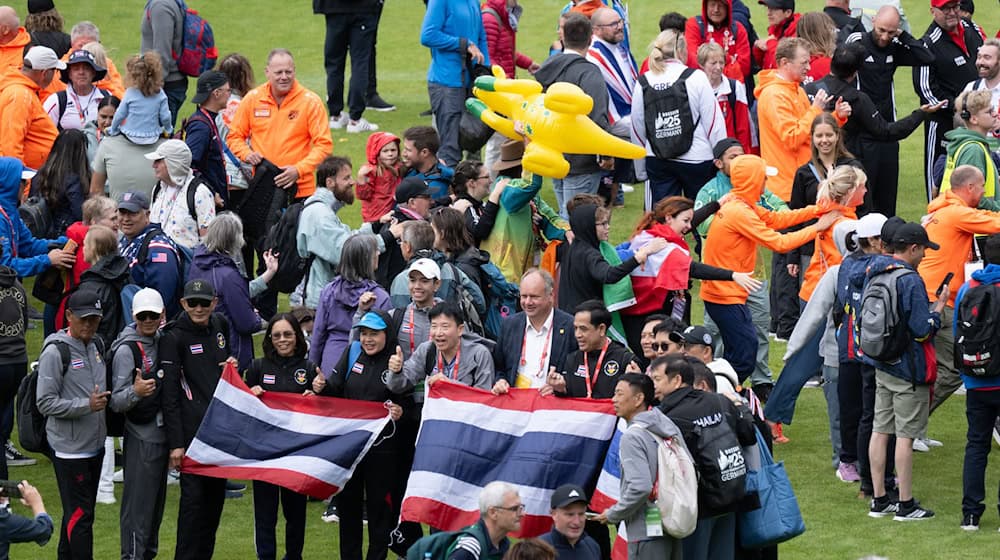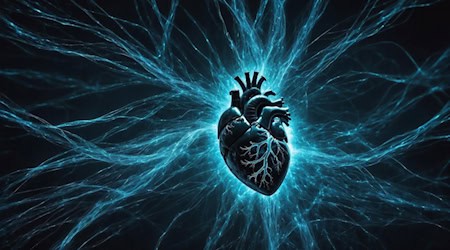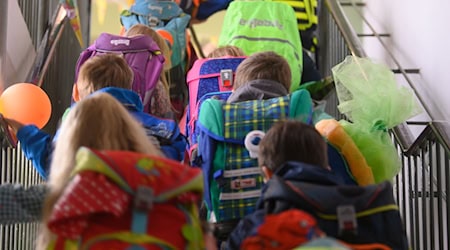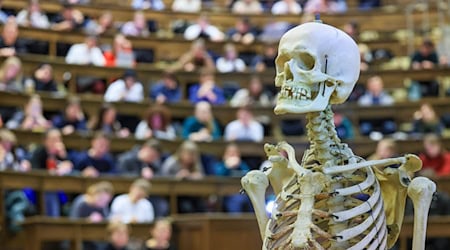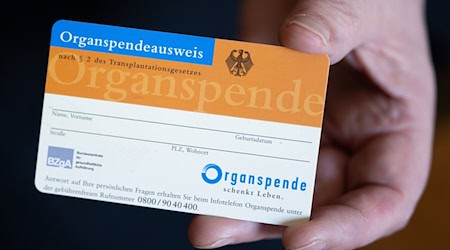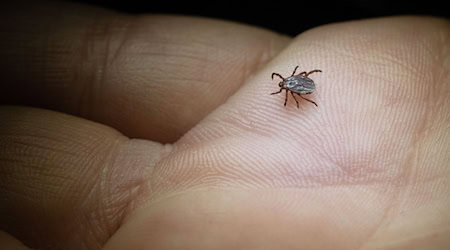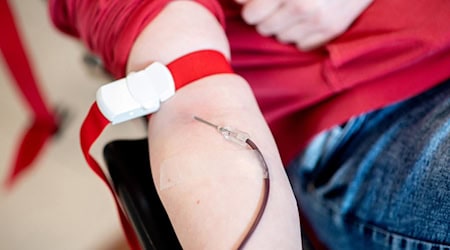The World Transplant Games ended with an emotional ceremony in Dresden's Heinz Steyer Stadium. The competitions for athletes with a donor organ were held in Germany for the first time. The crowning finale was the "Circle of Life": traditionally, all athletes formed a human chain at the finale of the competitions.
The umbrella organization, the World Transplant Games Federation (WTGF), and the national organizers drew a positive conclusion. "Dresden was a wonderful host," said WTGF President Liz Schick. The next Games will take place in Leuven (Belgium) in 2027.
"No matter where you are in your transplant story, no matter whether you are doing well or not so well, no matter how good you are at sport - we are there together to look after each other, to do our best and to cherish this gift," emphasized Schick. She had received a liver transplant in 1997 and has led the association since 2023.
Competitions showcase "miracle of organ donation"
According to Schick, the competitions are "a wonderful way to showcase the miracle of organ donation and transplantation. Our athletes have been given a new lease of life thanks to the generosity of their donors and donor families," emphasized the President. She often meets people, even doctors, who do not know what transplant recipients can do physically afterwards.
"There is nothing better to make people think about their decision to donate than to see the joy, courage and achievements of our athletes - proof that the decision to become an organ donor can save lives and change entire families," emphasized Schick. Organ donation is a miracle, and anyone can become a miracle worker, the President said.
Around 2,500 participants from 51 nations registered
Around 2,500 athletes and accompanying persons from 51 nations traveled to this year's Games. They were able to compete in 17 sports, including tennis, swimming and athletics. The oldest participant, Mike Gibbons (89), came from Great Britain, while the youngest, aged five, was from Germany.
In the medal table, Great Britain - the country with the most participants (266) - came out on top. The British won 173 gold, 132 silver and 98 bronze medals. Team Germany (187 participants) followed right behind with 74 gold, 74 silver and 57 bronze medals. In third place in the medal table was Team USA (110 participants, 56, 40, 50).
"With these games, we not only want to inspire athletes, but also raise awareness of what organ donation means, how much it can change and why it is worth taking a stand," said Gudrun Manuwald-Seemüller, Managing Director of the World Transplant Games 2025, describing the goal.
Medical team ensures safe competitions
Doctors and medical staff from Dresden University Hospital and the Municipal Hospital provided the important medical cover. "The medical team was incredibly strong and well organized. We were able to ensure that the athletes received the best possible medical care for their transplant history in the shortest possible time," emphasized Mark Frank from Dresden Municipal Hospital. The care provided ranged from the necessary medication to wound care in the event of bike crashes.
Parallel to the competitions, around 120 doctors and experts took part in a symposium on organ donation. Around 100,000 organ donor cards were distributed during the Games. Up to 20,000 more cards are to follow.
Prominent ambassadors - Büdenbender patron
Author Tamara Schwab ("Dein Herz, mein Herz") and singer Roland Kaiser acted as ambassadors for the World Championships. Schwab had a heart transplant in 2021. Kaiser received a lung transplant 15 years ago. Elke Büdenbender, wife of German President Frank-Walter Steinmeier, acted as patron. He had donated a kidney to his wife in 2010.
After the final, Büdenbender expressed her enthusiasm for what transplanted people can achieve. The spectators reacted to the athletes with standing ovations. "We are a family, we are there for each other, we have fair competitions," Büdenbender told the German Press Agency. It's about more than sport. "It's about being together, it's about sharing (...) what a great second life you can have."
Roland Kaiser: Games a role model for society as a whole
"It's impressive how the feeling of fairness is lived here," said Kaiser. "The athletes can share in the joy of the others, even though they are their competitors (...). Appreciation is practiced here. This should be a role model for our entire society." The games had sent a "signal full of vitality and vitality". "In the end, it's also an art of medicine. I can see that in my lungs. They work brilliantly. I can do my job better than ever before."
Organs such as kidneys, livers or hearts for seriously ill patients have been urgently needed for years. According to the German Organ Transplant Foundation, 953 people donated one or more organs to others after their death last year. At the same time, almost 8,300 people were on waiting lists at the end of 2024.
In Germany, calls for a so-called objection solution have recently become louder. This would allow the removal of organs after death, unless the person expressly objects during their lifetime.
Copyright 2025, dpa (www.dpa.de). All rights reserved

